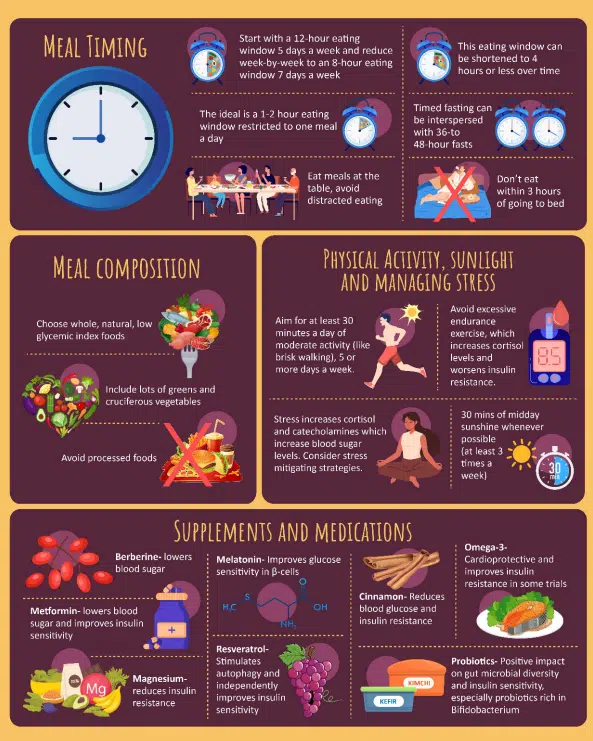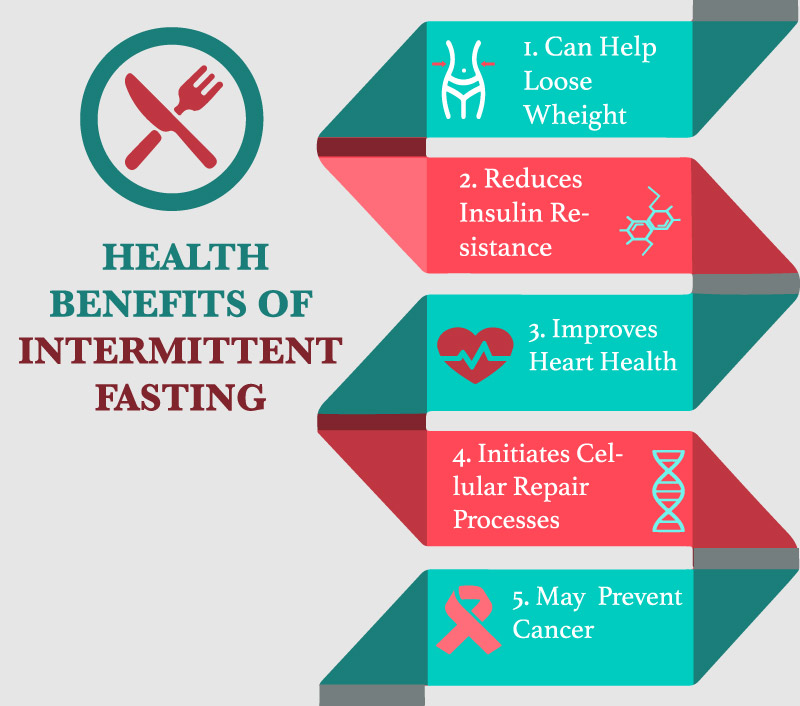A Complete Guide to Intermittent Fasting: Everything You Need to Know
Unlock the secrets of intermittent fasting with our comprehensive guide, covering tips, benefits, and different fasting methods for beginners.
Table of Contents
- Introduction to Intermittent Fasting
- Different Methods of Intermittent Fasting
- How Does Intermittent Fasting Work?
- Getting Started with Intermittent Fasting
- Tips for Successful Intermittent Fasting
- Conclusion
- FAQs About Intermittent Fasting
Introduction to Intermittent Fasting
Intermittent fasting has gained popularity in recent years as a method for weight loss and improved overall health. But what exactly is intermittent fasting? Essentially, intermittent fasting involves cycling between periods of eating and fasting, with the primary focus being on when you eat rather than what you eat.
Get Exclusive Tips on Intermittent Fasting Today!
Subscribe now for all the latest information and expert advice.
Intermittent fasting is not a new concept and has been practiced for centuries in various cultures and religions as a form of spiritual discipline. However, its benefits in terms of weight loss, improved metabolism, and numerous other health benefits have made it a popular choice for many individuals today.
Different Methods of Intermittent Fasting
There are several different methods of intermittent fasting, each with its own unique approach. One of the most common methods is the 16/8 method, where you fast for 16 hours and have an 8-hour eating window. The 5:2 diet involves eating normally for five days a week and restricting calories for the remaining two days. Another popular method is alternate day fasting, where you alternate between days of regular eating and fasting.
Intermittent fasting is not just about weight loss, it's about optimizing your health and longevity. Learn everything you need to know here: [Click Here] #intermittentfasting #healthylivingCheck Out
How Does Intermittent Fasting Work?
During fasting periods, several physiological changes occur in the body. Hormones such as insulin and ghrelin are affected, leading to changes in metabolism and fat burning. Fasting also triggers autophagy, a process where the body breaks down and recycles damaged cells, promoting cellular repair and regeneration.

Image courtesy of covid19criticalcare.com via Google Images
On a metabolic level, intermittent fasting can help improve insulin sensitivity, reduce inflammation, and promote fat loss, particularly from stubborn areas like the belly.
Getting Started with Intermittent Fasting
Planning your fasting schedule is crucial for success. Whether you choose the 16/8 method or alternate day fasting, consistency is key. Gradually adjusting to longer fasting periods can help manage hunger and cravings. Meal prepping for fasting days can also make it easier to stick to your fasting regimen.
Tips for Successful Intermittent Fasting
Listening to your body is essential when practicing intermittent fasting. If you feel overly fatigued or dizzy, it's important to break your fast and eat. Staying hydrated is also crucial, especially during fasting periods. Incorporating light exercise, such as walking or yoga, can complement your fasting routine and improve overall results.

Image courtesy of wholeheartfamilymed.com via Google Images
Conclusion
In conclusion, intermittent fasting offers a range of benefits, from weight loss and improved metabolism to cellular repair and longevity. While intermittent fasting may not be suitable for everyone, for those who can practice it safely, the long-term benefits are promising. It's important to find a fasting routine that works for you and fits into your lifestyle for sustainable results.
Remember to consult with a healthcare professional before starting any new fasting regimen to ensure it is safe for your individual health needs.
Get Exclusive Tips on Intermittent Fasting Today!
Subscribe now for all the latest information and expert advice.
FAQs About Intermittent Fasting
- Is Intermittent Fasting Safe for Everyone?
Intermittent fasting may not be suitable for pregnant or breastfeeding women, individuals with a history of eating disorders, or certain medical conditions. It's always recommended to consult with a healthcare provider before beginning any fasting regimen.
- Can I Drink Coffee or Tea During Fasting Periods?
Most experts agree that black coffee, tea, or other non-caloric beverages are permissible during fasting periods and can help curb appetite.
- How Soon Can I Expect to See Results from Intermittent Fasting?
Results from intermittent fasting can vary from person to person, but many individuals report seeing improvements in weight loss, energy levels, and overall well-being within a few weeks of starting a consistent fasting routine.


0 Comments